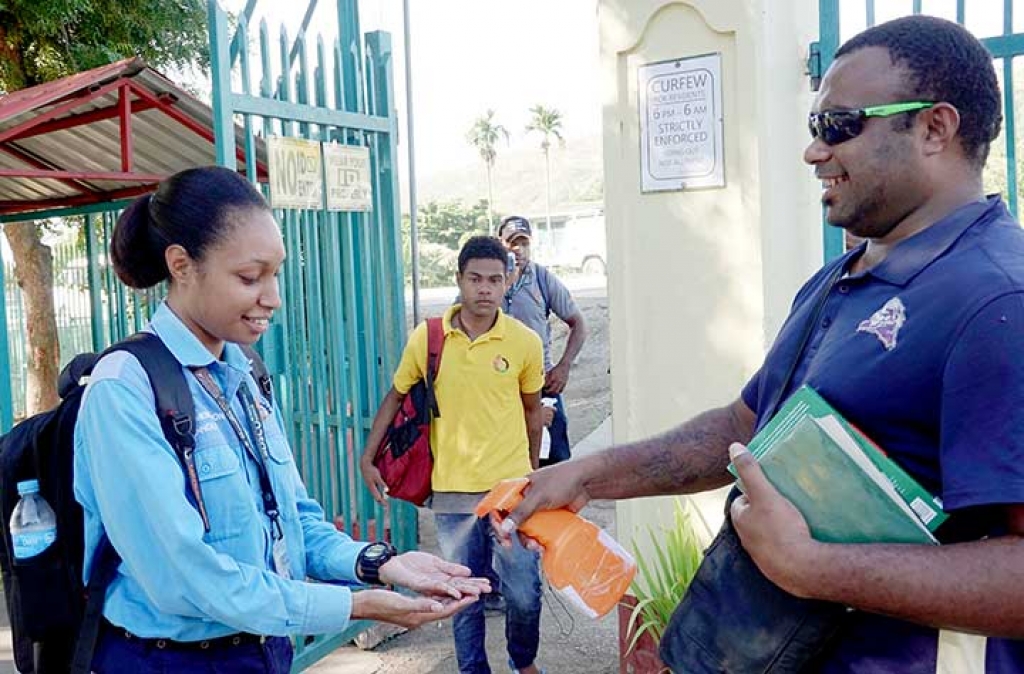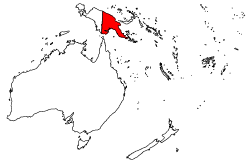PAPUA NEW GUINEA: Don Bosco Technological Institute resumes classes with added safety measures in place

(MissionNewswire) Don Bosco Technological Institute, located in Boroko, Papua New Guinea, has reopened its doors after the COVID-19 isolation. Students and teachers can resume classes with new added safety measures in place. These measures, provided by the Ministry of Education, include rigorous checks at the entrance, a change in lesson times, temperature measurement and frequent handwashing.
Students who have returned to class are determined to make the most of the year ahead and to complete all unfinished work in order to obtain their diploma at the end of the year. For many students, being out of school wasn’t just about missed lessons. Students in Salesian schools sometimes eat their only meal a day at school.
During the quarantine, Salesian students made the best of their time. Students from the Don Bosco Technological Institute, Savio Haus and Mary Our Help made short songs on the topics “Stay at home” and “Social distances”. Other young people shared their thoughts on the risks of coronavirus and on the need to take care of the planet and keep the environment in which we live clean.
“We are encouraged that Salesian students in Papua New Guinea are able to return to school after their quarantine,” said Father Gus Baek, director of Salesian Missions, the U.S. development arm of the Salesians of Don Bosco. “The safety of our students is important so the rigid safety measures put in place will be followed by staff, teachers and students. The goal is to be able to get students back in the classroom learning and preparing for the future while keeping their health and safety a priority.”
Close to 50 percent of adults are illiterate and 25 percent of children are unable to attend school in Papua New Guinea. Part of the problem with getting to school, work and hospitals has to do with the country’s infrastructure. In rural areas, where nearly 88 percent of the population resides, there are few roads or means of transportation to get to schools or places of employment.
Salesian missionaries in the country provide primary and secondary education as well as technical skills training to prepare youth for the workforce. Missionaries also help to ensure that basic needs like shelter, food and water are met so students are able to focus on their studies.
###
Sources:
ANS Photo (usage permissions and guidelines must be requested from ANS)
ANS – Papua New Guinea – DBTI students return to attend classes
Salesian Missions – Papua New Guinea
World Bank – Papua New Guinea Poverty





